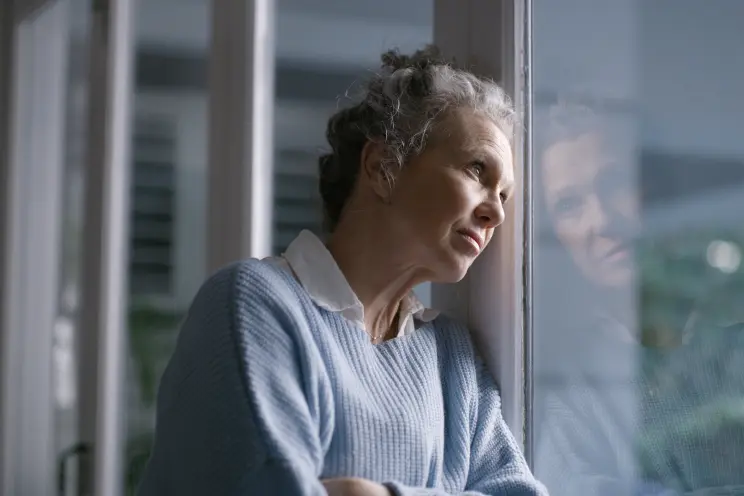Suicidality
September is Suicide Prevention Awareness Month. But we can all make a difference. Every day.
At Peak Behavioral Health, we know that many people may experience suicidal thoughts at some point in their lives, and that is normal. But when those thoughts turn to more serious suicidal ideation and actual self-harm, it’s essential to know that help is available and where to turn.
Our team of mental health professionals provides compassionate and intensive care for adolescents and adults experiencing suicidal ideation or thoughts of suicide. We understand that these thoughts or behaviors may stem from underlying conditions such as depression, hopelessness, severe anxiety, insomnia, or panic attacks. Therefore, we take a holistic and personalized approach to healing that immediately addresses the crisis and focuses on the individual’s unique needs.

For Immediate Help
Dial 9-8-8 for the Suicide & Crisis Lifeline. This is a national network of local crisis centers that provides free and confidential emotional support to people in suicidal crisis or emotional distress 24 hours a day, 7 days a week in the United States.
Suicide risk factors
- Mental disorders, particularly mood disorders
- Hopelessness
- Impulsive and/or aggressive tendencies
- Major physical or chronic illnesses
- Previous suicide attempt
- Family history of suicide
- Recent job or financial loss
- Recent loss of a relationship
- Easy access to lethal means
- Local clusters of suicide
- Lack of social support and sense of isolation
- Stigma associated with asking for help
- Lack of health care, especially mental health treatment
- Cultural and religious beliefs, such as the belief that suicide is a noble resolution of a personal dilemma
- Exposure to others who have died by suicide (in real life or via the media and Internet)

What Causes Depression?
Depression is generally caused by a combination of environmental, biological, genetic, and psychological factors. Depressive episodes might also be triggered by events, such as a loss of a loved one, relationship problems, divorce, loss of a job, financial trouble, personal trauma, social pressures, and other stresses that can affect a person’s overall well-being.
What To Watch For
A person experiencing thoughts of suicide may display the following signs and behaviors:
- Engages in risky behavior
- Talks or writes about death
- Talks about feeling trapped
- Talks about having no purpose
- Threatens to hurt or kill oneself
- Exhibits revenge-seeking behavior
- Attempts to access weapons, medication, or other means of suicide
- Withdraws from friends, family, school, work, or other important relationships
A person can have suicidal thoughts and never attempt it. However, a person may also attempt suicide after only briefly experiencing suicidal ideations. This is why it is imperative that all threats of suicide be treated seriously.

